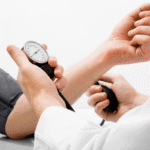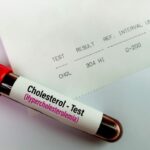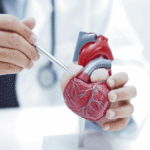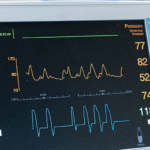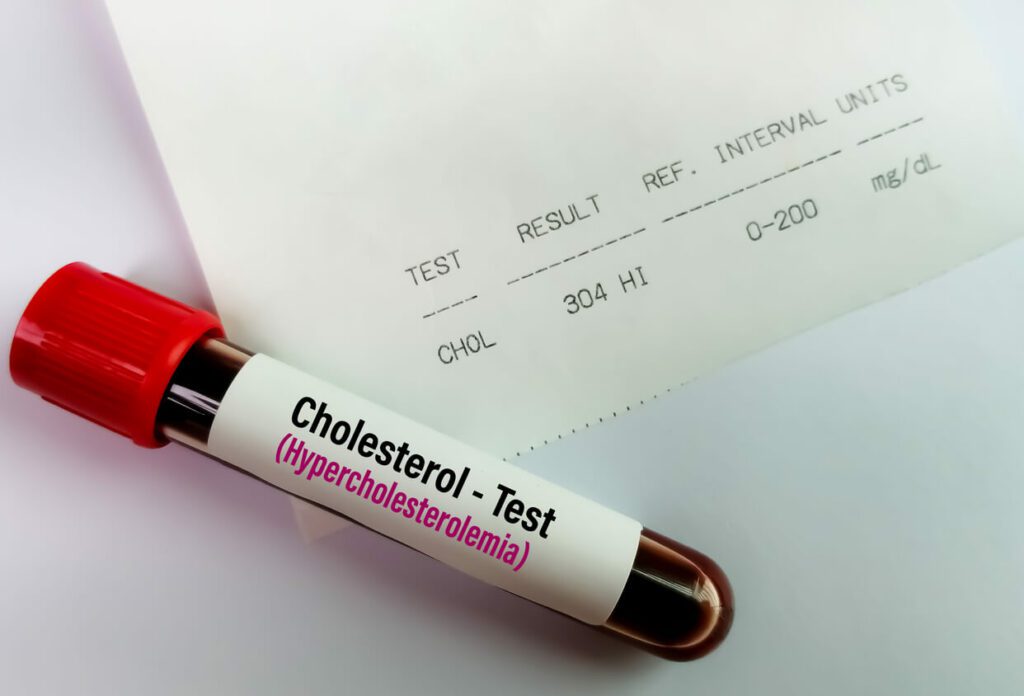What It Means and Why It Matters for Your Heart
Cholesterol often gets a bad reputation, but the truth is, your body needs it. The problem starts when there’s too much of the wrong kind building up in your bloodstream. High cholesterol is one of the key risk factors for heart disease, yet many people aren’t even aware they have it. It usually doesn’t cause symptoms, which is why it’s often called a “silent” condition. Left unchecked, though, it can quietly increase your risk of heart attacks, strokes, and other serious issues.
What Is Cholesterol?
Cholesterol is a waxy, fat-like substance found in your blood. Your body makes some of it naturally, and the rest comes from the food you eat. There are two main types:
- Low-Density Lipoprotein (LDL): Often referred to as “bad” cholesterol, high levels of LDL can lead to plaque buildup in the arteries.
- High-Density Lipoprotein (HDL): Known as “good” cholesterol, HDL helps remove LDL from the bloodstream.
Triglycerides, another type of fat in the blood, are also checked during a cholesterol test. High levels can further raise your cardiovascular risk.
Why Cholesterol Matters for Your Heart
Over time, too much LDL cholesterol can stick to the walls of your arteries and form plaques. This process, known as atherosclerosis, can narrow the arteries, reduce blood flow, and increase the likelihood of clots forming. When a clot blocks a coronary artery, it can result in a heart attack. If the blockage happens in the brain, it may lead to a stroke.
That’s why managing cholesterol isn’t just about numbers on a lab report, it’s about protecting your long-term heart health.
Who Is at Risk?
High cholesterol can affect anyone, but certain factors make it more likely:
- A diet high in saturated or trans fats
- A sedentary lifestyle
- Smoking
- Being overweight or obese
- Family history of high cholesterol or early heart disease
- Ageing, cholesterol levels often rise with age
- Certain medical conditions like diabetes or hypothyroidism
Even if you feel well, regular health screenings can detect high cholesterol early, when it’s most manageable.
How It's Diagnosed
A simple blood test, called a lipid panel, measures your cholesterol levels. It typically includes:
- Total cholesterol
- LDL cholesterol
- HDL cholesterol
- Triglycerides
You may be asked to fast for 8–12 hours before the test to get the most accurate results. Your doctor will interpret the numbers based on your overall health, age, and risk factors.
Managing High Cholesterol
The good news? High cholesterol is manageable, and often without the need for medication at first. Your doctor may recommend:
- Dietary changes: Cutting back on saturated fats, trans fats, and processed foods; increasing fruits, vegetables, and whole grains
- Regular physical activity: Even 30 minutes of brisk walking most days can help
- Weight management: Shedding excess kilos improves your lipid profile
- Quitting smoking: This boosts your HDL and reduces your risk of cardiovascular events
In some cases, especially when lifestyle changes aren’t enough or if your risk is high, cholesterol-lowering medications may be prescribed.
Looking Ahead
High cholesterol may be silent, but its consequences can be serious. Regular screenings and timely action can help you stay ahead of potential problems. Managing your cholesterol is one of the most effective ways to take control of your heart health.
If you’re unsure about your numbers or want to understand your risk better, our team is here to help.

